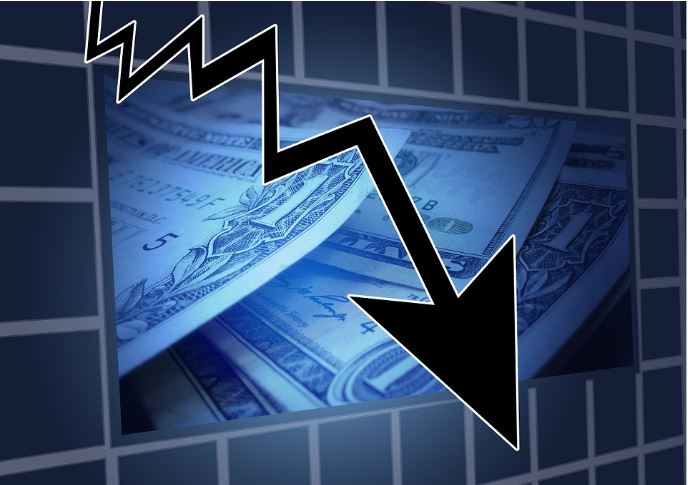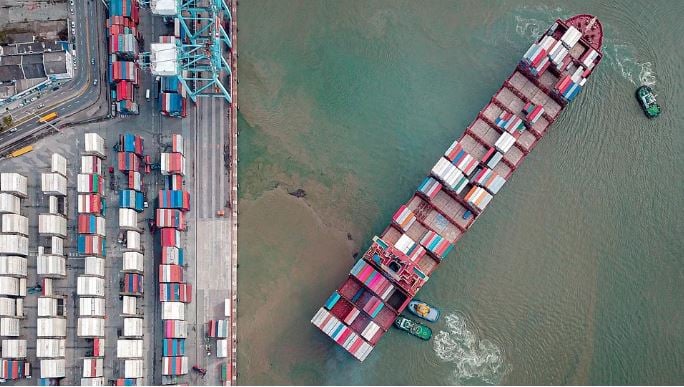 The term Financial Crisis refers to a variety of conditions that come together, one of which is where asset prices decrease steeply in value. Stock market crashes, wild currency fluctuations or devaluations, and financial bubbles are all components of financial crises.
The term Financial Crisis refers to a variety of conditions that come together, one of which is where asset prices decrease steeply in value. Stock market crashes, wild currency fluctuations or devaluations, and financial bubbles are all components of financial crises.
During a crisis, business owners and end-users are unable to pay their debts, and financial organizations suffer from shortages of liquidity. The term liquidity refers to how fast an asset can be converted into cash. If you have liquidity problems, you have difficulties accessing cash.
Financial crises are often linked to market jitters, i.e., market anxiety, in which investors may sell some or all of their assets or take out money from their savings accounts to cover debts. It may have an effect on the economy of a country, region, or throughout the world. Market jitters are contagious, they can spread very quickly.
Causes of a Financial Crisis
There is no one single cause for a financial crisis. It is the result of a combination of several different factors.
Some of the key factors are:
- Financial Market Failures: Financial instability is often caused by the people who run the markets themselves. People become a bit overconfident in businesses, in their ability to invest in a market, and take more risks.
- Policy Failures: The market’s financial instruments have become complex and people simply don’t understand what the risk factors are. Couple this with short-sighted policy changes and you have a recipe for disaster.
- Structural Changes in the Global Economy.
- Political Instability and unstable government.
How to be prepared for an economic crash as an individual
We as individuals will see an economic crisis at some point in the future. It’s extremely difficult to actually predict when, but it is highly likely.
- Dollar-cost averaging put in a specific amount of money into the markets on a monthly basis. The goal here is to buy low and sell high.
- Risk tolerance capability: The financial advisors over at https://www.wealthry.com/ suggest that you should balance your portfolio with age. As you get older, you might not be able to handle as much risk as you could when you were younger.
- Preserve some physical assets or precious metals like gold and diamonds that can help you when you experience serious hardship.
Financial Crisis and Developing Countries
Financial uncertainty and instability in developed nations directly affect developing countries. Developing countries face problems like the high cost of fuel and rising food prices as they are dependent on the import or export of commodities.
Many Asian countries have suffered a decrease in their stock market indexes and in the value of their currencies. The slowdown in the advanced economies can also increase the chances of an economic crisis in Asian countries, too, as Asian products and services are sold globally.
 Policies for Financial Recovery and Sustainable Development
Policies for Financial Recovery and Sustainable Development
The government should start with the implementation of simplified macroeconomic policies and bank support plans to promote financial recovery and stability. Economic, monetary, and fiscal policies should be introduced or reformed, with the aim of ensuring sustainable growth and development to prevent or break the cyclic crisis process. Sustainable growth, in this context, refers to being able to expand without creating problems for the future.
How a Country Can Handle an Economic Crisis
A financial crisis in a single country can lead to a crisis in other countries. Sometimes there is a domino effect which spans the globe.
Some of the measures that a country can take to handle an economic crisis are:
- The government should focus on the creation of stimulus packages to boost the economy or to prevent a recession by increasing employment and spending.
- The government can create public works programs during a crisis to maintain employment levels and kickstart the economy.
- The government should focus on the proper regulation of the rules and policies throughout the country. Policies should be as straightforward as possible; i.e., not complex..
- The country’s policies should support large finance companies and the whole banking system.
- There should be good governance, with a strong push toward political stability.
More Comprehensive Regulation and Reforms of the International Financial System
This involves the international banking and finance sectors for the reformation of global financial organizations. Some portion of the reform plan includes providing more support and power to developing countries. However, the advanced economies are resisting this meaningful effort.
The advanced economies should start to revise and work on how to correctly reform the banking and finance system so that not only they themselves can use the international policies that are more relevant to their situations. It must be relevant to all countries.
The length of today’s financial crises and their severity are partly due to a lack of confidence in the soundness of the financial system. For an economy to recover and start thriving again, businesses and individuals need to feel confident about investment and spending strategies. If that overall confidence is not there, many of the policymakers’ strategies could be in vain. There are two main types of confidence in an economy, business and consumer confidence.
______________________________________________________
Interesting related articles:

